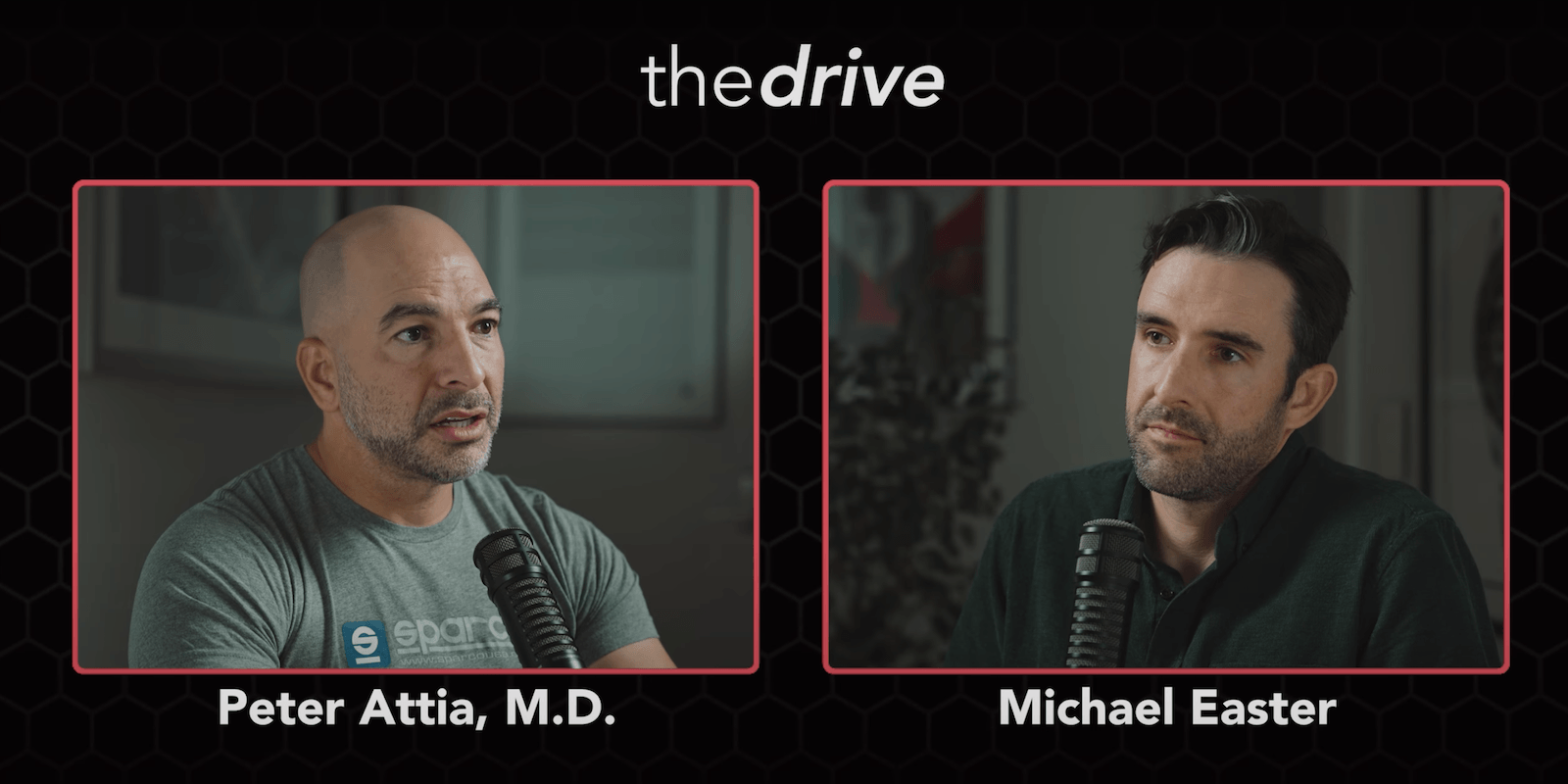We’ve all heard that sugar is bad for us. Long-term, high levels of sugar consumption – in the form of sucrose (i.e., table sugar), high fructose corn syrup, or otherwise – can lead to weight gain and elevated risk for many of the most deadly chronic diseases, including metabolic syndrome and type 2 diabetes, cardiovascular disease, liver disease, Alzheimer’s disease and dementia, and certain types of cancer.
And yet, it’s hard to deny sugar’s appeal (and its ubiquitous presence in Western food environments as a result). Although some may have a stronger sweet tooth than others, all humans are born with a predisposition to enjoy and seek out sweet tastes. This preference is hardwired in the mammalian brain and thus can’t be “unlearned,” and, as Dr. Rick Johnson has previously discussed on the podcast, it likely served as an advantage during human evolution.
So now we have a substance that accelerates disease and mortality, and a substance that is highly-rewarding and holds universal, innate appeal. Two sides of the same sugar-coated coin. But what if we could separate the enjoyable qualities from the health concerns?
Cue the rise of artificial/non-nutritive sweeteners and other sugar substitutes, a class of compounds that provide sweet taste but few or no calories. Theoretically, they offer the best aspects of sugar with none of the downsides, but of course, the story is not that simple. While these compounds remain popular, they are controversial and certainly haven’t made excessive sugar consumption a concern of the past. So how well do these substitutes solve the problems associated with traditional sugar, and where do they fall short? And how do different options compare with each other?















